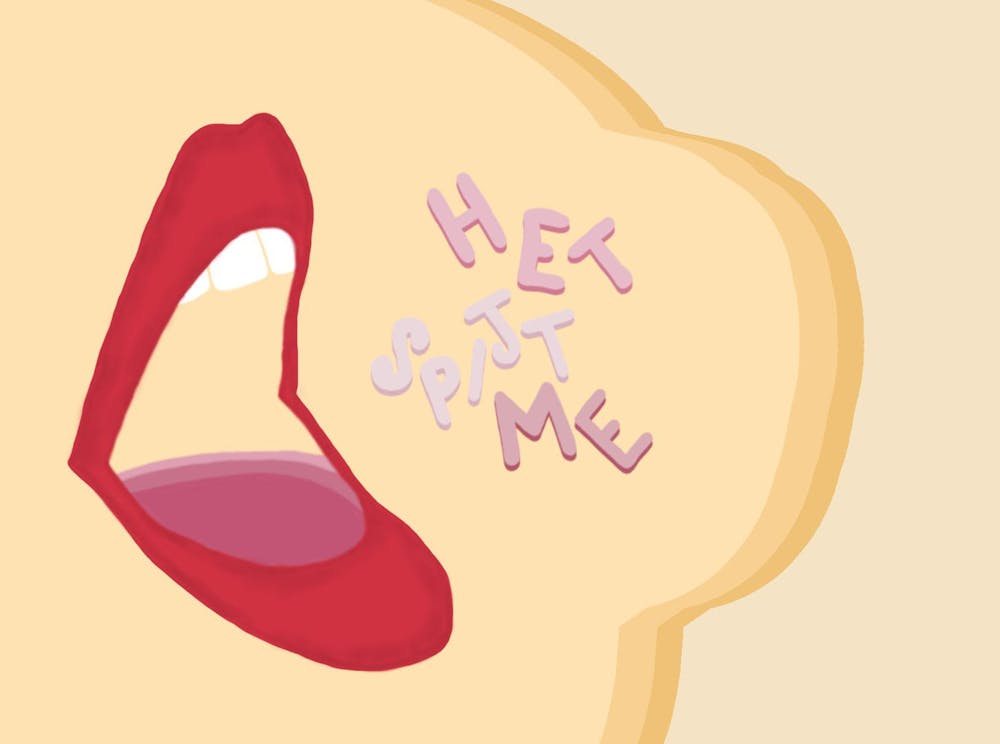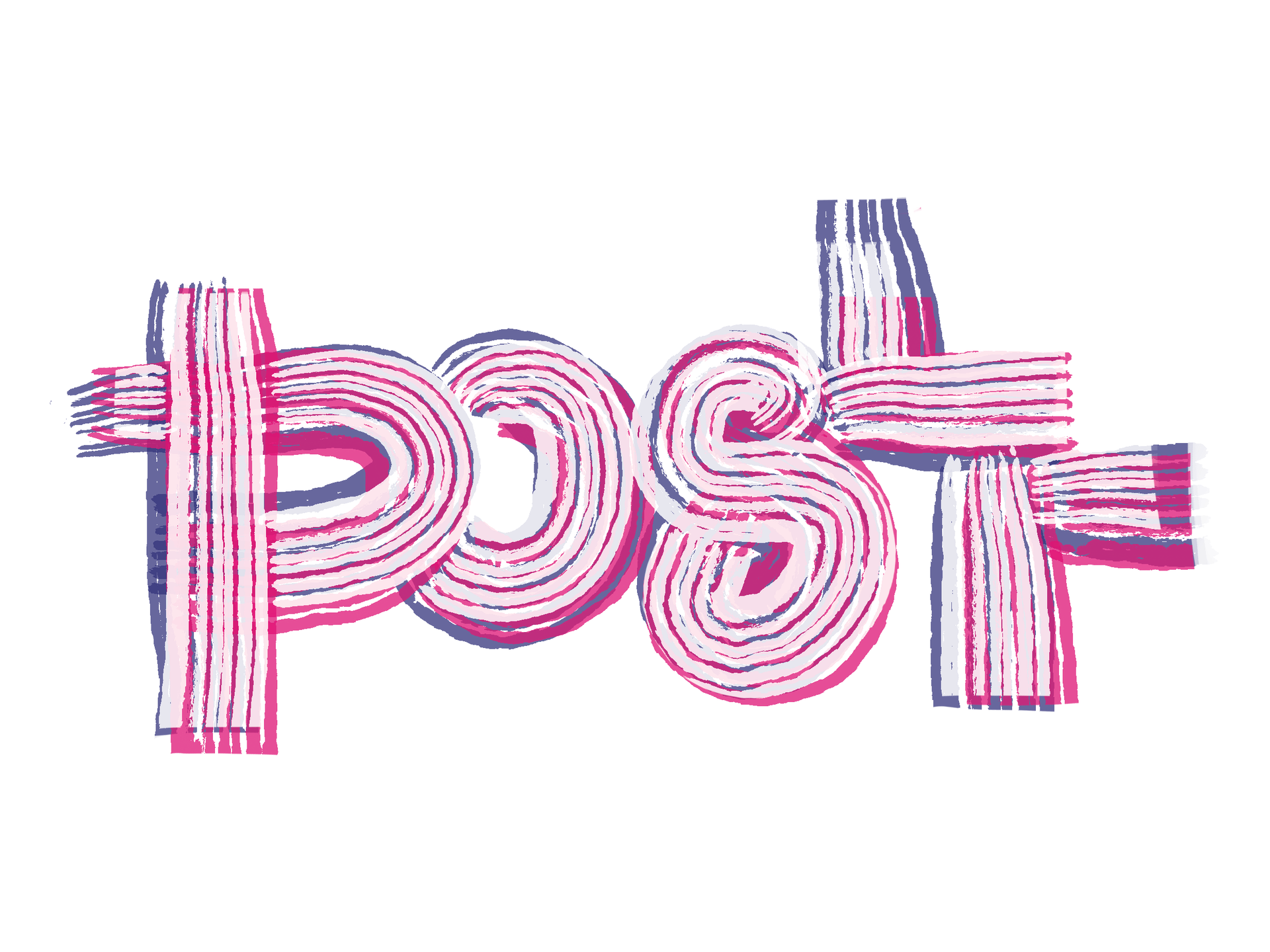After hundreds of years of disruption, displacement, and colonial violence in Indonesia, I’m learning Dutch. Rudimentary, garbled Dutch, but Dutch nonetheless.
Hoe gat het? How are you?
Three generations ago, my great-grandmother had been fluent, a product of our national history. She didn’t use it much in her later years; her children had been born post-occupation. By then, Indonesian was enough.
Even still, we have cherry-picked the Dutch linguistic legacy. It is ingrained, in some ways, in the loanwords of Indonesian itself: sepatu, we say, for shoes. Jendela, for window. But my family, too, has made this legacy our own: I still call my grandmother my oma. My grandfather is still my opa. And I imagine that in fifty years or so—once my brother has taken up the responsibility of child-rearing for the family— those monikers will be my own, too.
It was not so long ago, then, that we knew what it meant to speak through their voice. White man, white speech. But now, in this attempt to relearn their tongue, these words feel foreign, their shapes large and imposing in my throat.
Heel goed. Very good.
Dank je wel. Thank you.
I cough out the first lesson with bitter disdain.
Het spijt me.
I’m sorry.
I am a traitor, and this language is my sin.
*
Why Dutch? Why now?
Dutch, by every measure, feels unnatural: its words are so different from my own, its consonants an entirely new feat. There’s a gurgle at the back of the throat that I can’t quite emulate, a fact that my late nights have yet to remedy.
It’d be easier, maybe, with someone to teach me. But with my oma gone, I don’t know a single Dutch speaker. Not here in Providence, and certainly not back home in Indonesia.
To deem Dutch the “colonial tongue” is not straightforward. Unlike the Portuguese and the Spanish, whose colonial ventures sought to assimilate native populations through language, the Dutch occupation of Indonesia was one of separation and distance. Native Indonesians had to remain subordinate for their ventures to remain profitable. Denying them the Dutch language and culture prevented the spread of Western ideas, the “dangerous” kind that might inspire rebellion. The Dutch language, then, was one of power. It represented Western civility, the kind Indonesians were inherently denied.
To be an Indonesian Dutch speaker was a sign of status. It granted proximity to the colonial regime, and represented a claim to modernity and civility—as defined by the colonial state.
Dutch was used to render us Indonesians lesser beings, to keep us silent within their regime. Rejecting it in our day-to-day life is a source of national pride. This colonial tongue was abandoned with intent—because to rid ourselves of Dutch is to deem ourselves free from our colonial past.
Why turn back, then? To relearn this language, a foreign tongue so disgraced?
A narrative of freedom and forward-looking progress is a tempting one, but it is far from the entire picture. Our archives are in Dutch. The stories of our people are written through their words, their eyes. It is only through wielding the weapon—the language—of our oppressor that we can move beyond the colonial legacy and find our own truth.
Dutch, then, is a means to upend regimes of control and access, and to reclaim the archives as our own. I’m fueled, I suppose, by some sense of duty, of responsibility to a decolonial effort. Embedded in these efforts, though, is something more—because to learn Dutch is to glimpse, briefly, into the world my oma once knew. To unravel, fully, her life.
I cannot preserve her past without it.
So: Dutch.
*
Still, there’s something to be said of speaking as they did. What is lost when we articulate ourselves through their words? Is there room for our authenticity in the language of the oppressor?
The elephant in the room, I suppose, is my Anglicization.
“You speak English so well,” people tell me. It’s a little demeaning, but the statement holds some truth. Part of it, undoubtedly, is being mixed. English was the language of my home, the bridge between my parents. Thai woman, Indonesian man. Anglicized, mutt-like children.
The language is so ingrained that removing it would leave me with nothing. I was raised with an English-language education. I was read English-language picture books. Even my names—the very core of me, as a distinct individual, are Western. Names, not one, but two. The first is Audrey, the second Belle.
I’m so far bastardized that I dream in English.
If Dutch was the colonial tongue of the past, then English may be its modern equivalent. It’s the aspirational language of today; English is lauded and praised for its proximity to the Global North, representing the same notions of “modernity” and intelligence as Dutch did so long ago.
At the same time, though, this Westernization is seen as corrupt, a neo-colonial force undermining local values. Un-Indonesian.
Language opens doors, but not without consequence. I lament not understanding one colonial tongue, yet construct myself in the words of another. An amalgamation of different influences has made me strange—a patchwork of the postcolonial, the globalized.
What does that mean, then, for my authenticity?
*
Our national language, Bahasa Indonesia, emerged out of necessity. For an archipelago of over 17,000 islands and 1,300 ethnic groups, a common language was crucial in the fight for unity and national consciousness.
As Indonesian nationalism grew in the early 20th century, discussions of a national language produced three main choices: Dutch, the colonial language; Javanese, the language of the islands’ most prominent ethnic group; and, finally, Malay, the historic lingua franca. Malay was not “authentic,” necessarily—it was ethnically neutral, and had been favored among European traders for being lexically simple and easy to learn. And it was Malay, ultimately, that was chosen as our language.
Enshrining it as the Indonesian language was the first step to a united national identity—a claim to an identity independent of the Dutch.
It was Malay’s “un-nativeness,” as Joseph Barrington put it, that enabled its success. And it’s this idea of un-nativeness that I return to, over and over again. Malay was not inherently ours. We made it so. An instrument of the colonial state, turned against them.
A co-opted language was our first weapon. And as we move to decolonize our past, we will continue to wield these languages as our own.
Un-native, but ours.





